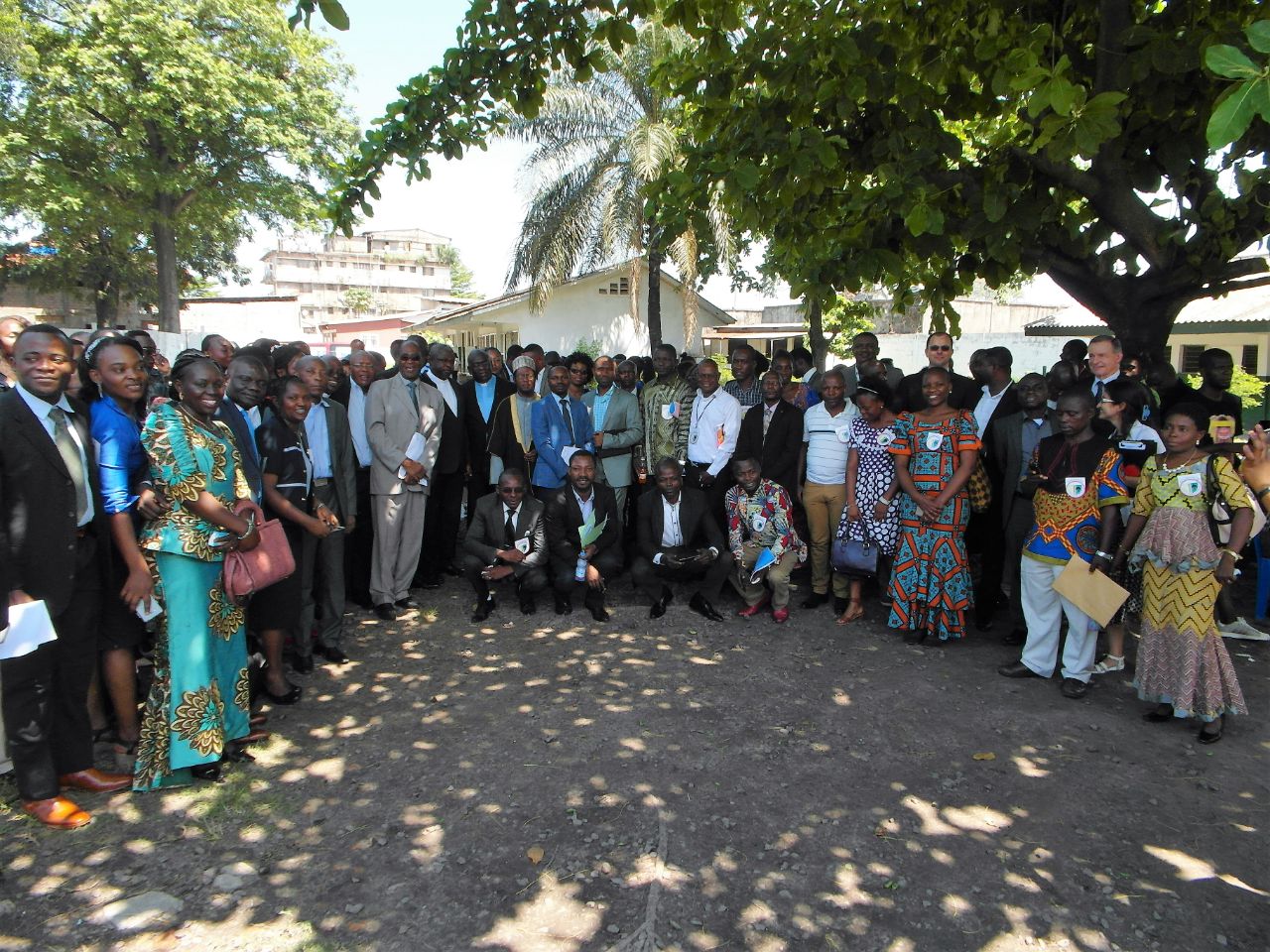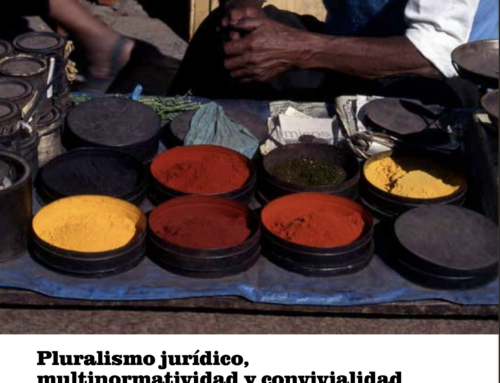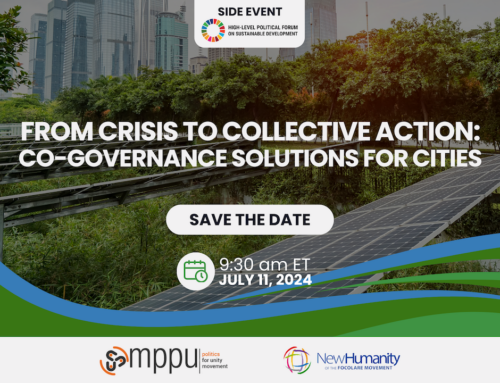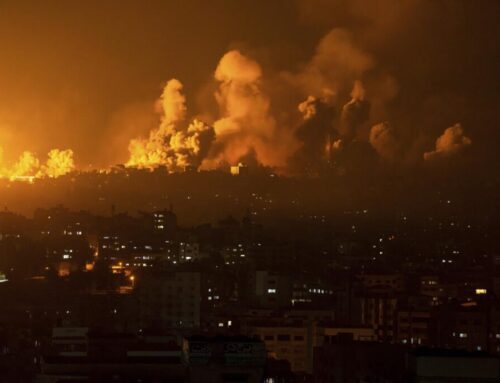 The political and social context is very dangerous and the per capita income is among the lowest in the world as pressure from international powers is being placed on the enormous natural resources of the region. But there is also the echo of the great African leaders from the twentieth centruty, from Nkruah to Senghor, from Lumumba to Nyerere that still resonates like a warning to leave the past behind and set great goals that “always seem immpossible until done” (Mandela).
The political and social context is very dangerous and the per capita income is among the lowest in the world as pressure from international powers is being placed on the enormous natural resources of the region. But there is also the echo of the great African leaders from the twentieth centruty, from Nkruah to Senghor, from Lumumba to Nyerere that still resonates like a warning to leave the past behind and set great goals that “always seem immpossible until done” (Mandela).
It was in that context that on November 4th of last year the Ecoforleaders School of Higher Training in Communion Leadership was inaugurated in Kinshasa, Democratic Republic of the Congo in the presence of several political, diplomatic, academic ((among whom the Rectors of the Catholic University and the University of Mapon, and the two Emeritus Rectors of the Kasangani University and the National Pedagogy), Christian and Muslim religious leaders in an attempt to lift up a hope for openness in that African country.
It all began with a group of African students who wondered how they could offer themselves for the building of a new Africa. Now they are working with the support of Sophia University Institute and the Focolare’s International Centre of the Movement for Politics & Politicy for unity
 The Secretary of the Bishops Conference of the Democratic Republic of the Congo was invited to cut the ribbon, a man know for having conducted the dialogue between politicians of the majority and opposition leaders during the election controversy that linked the presidential election date to the next census. The Secretary remains a point of encounter between the parties until this day.
The Secretary of the Bishops Conference of the Democratic Republic of the Congo was invited to cut the ribbon, a man know for having conducted the dialogue between politicians of the majority and opposition leaders during the election controversy that linked the presidential election date to the next census. The Secretary remains a point of encounter between the parties until this day.
Five students will begin courses given by a faculty that includes three university rectors and several tutors.
This is not an isolated initiative, because the School is inserted into a broader project already presented at UNESCO, a project of formation in a leadership style inspired by universal brotherhood, which incude the training of tutors and professors in Nairobi next January. The project is of interest to the whole East of Africa and will last for three years. Afterwards, it will be expanded to other regions of the continent.
Source: www.focolare.org





Leave A Comment